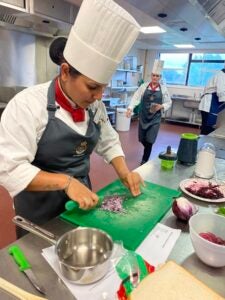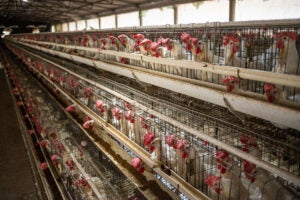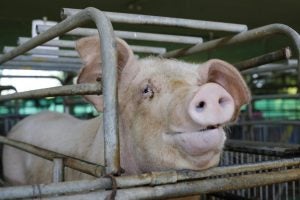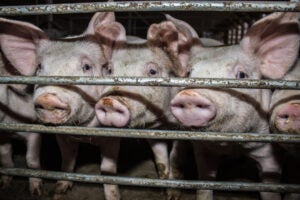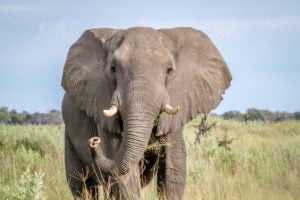
THIMPHU, Bhutan—The Buddhist Kingdom of Bhutan has become the first country in the world to declare its entire street dog population fully sterilized and vaccinated following years of investment in a humane dog management program with global animal charity Humane Society International. At the formal closing ceremony of National Dog Population Management and Rabies Control Project in the capital Thimphu, presided over by Bhutan’s Prime Minister, Dr Lotay Tshering, the Royal Government of Bhutan announced this historic achievement for animal welfare and human health.
At the ceremony, Prime Minister Tshering presented the various stakeholders, including HSI with a plaque in recognition of HSI’s support towards Bhutan’s street dog welfare success from the beginning in 2009 until its closure—thereby honouring a decade and a half of intensive, targeted spay/neuter work and community engagement initiatives carried out by Bhutan in partnership with HSI.
Since its inception, the project has successfully sterilized and vaccinated more than 150,000 street dogs and micro-chipped 32,000 pet dogs.
There are approximately 300 million street dogs across Asia who battle starvation, untreated diseases and parasitic infections, transmissible cancers, injuries from road traffic accidents, as well as direct persecution and inhumane culling. Without effective sterilization and vaccination programs, street dog populations can increase to unsustainable numbers, exacerbating the risk of dog bites and the spread of rabies. The World Health Organization estimates that around 59,000 people a year die of rabies globally, and most rabies cases in humans are the result of a dog bite. Governments across Asia routinely resort to inhumane methods of managing street dogs by culling and mass sheltering.
In 2009, recognising the societal and animal welfare issues surrounding street dogs, the Bhutan Government invited HSI to facilitate a humane management approach for the country’s sizeable dog population. HSI implemented a pilot spay, neuter and vaccination program for dogs in the capital city. This initiative was later scaled up nationwide, eventually becoming the National Dog Population Management and Rabies Control Project for Bhutan.
Following the successful pilot, HSI trained over 35 Bhutanese veterinarians and staff in high-volume, high-quality spay/neuter techniques, and a community engagement initiative was integrated into the program to improve public awareness of dog welfare and mitigate human-dog conflict.
At the closing ceremony, Prime Minister Tshering congratulated representatives including de-suups (community volunteers) from all dzongkhags (districts) across Bhutan for their success in catching, sterilizing and vaccinating street dogs.
Keren Nazareth, HSI/India’s senior director of companion animals and engagement, who has worked closely with the Bhutan program since 2015, said: “HSI could not have found a more committed humane street dog management partner than the Royal Government of Bhutan. This has been a long journey together with constant learning and adjustment, but from the start the Government has been committed which has enabled us to consistently improve the program. We congratulate the people of Bhutan for this extraordinary dog-friendly success which also brings enormous benefits to the local communities. It’s a remarkable achievement that we hope shows the way forward for governments across Asia that also face street dog challenges. There is much to be learned from Bhutan including its determination and compassion to create a more peaceful coexistence for people and dogs.”
Download photos of HSI’s street dog program in Bhutan and the closing ceremony.

